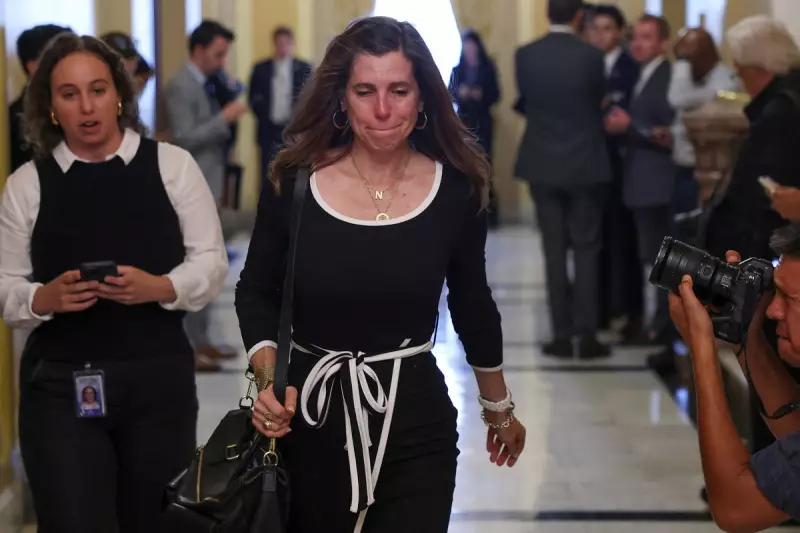
South Carolina Republican Congresswoman Nancy Mace has ignited a political firestorm after making deeply controversial comments about the victims of convicted sex offender Jeffrey Epstein.
During a televised interview, Mace – who has previously identified as a rape survivor herself – astonishingly suggested that some of Epstein's victims might have "enjoyed their notoriety" and benefited from their association with the disgraced financier.
Immediate Condemnation from Survivors and Advocates
The remarks prompted immediate backlash from Epstein survivors and victim advocacy organisations. Many expressed outrage at what they perceived as victim-blaming rhetoric from a lawmaker who has built part of her political identity on her own experience of sexual assault.
Sarah Ransome, a prominent Epstein survivor, delivered a scathing response, stating that Mace's comments were "not only deeply hurtful but dangerously misleading" about the trauma endured by victims of sexual exploitation.
Political Fallout and Damage Control
Facing mounting criticism, Representative Mace attempted to clarify her statements through social media platform X (formerly Twitter). She claimed her comments were taken out of context and asserted her unwavering support for victims of sexual abuse.
However, the damage control effort did little to quell the anger from advocacy groups and political opponents, who questioned the consistency of Mace's stance on victim support given her recent controversial statements.
Broader Implications for Republican Politics
This incident occurs amidst ongoing political tensions surrounding Mace's alignment with former President Donald Trump, who has himself faced numerous allegations of sexual misconduct and connections to Epstein. Political analysts suggest the controversy may further complicate Republican efforts to present a unified front on issues of women's rights and victim support.
The episode raises serious questions about political rhetoric surrounding sexual assault victims and the responsibility of elected officials in shaping public discourse on these sensitive matters.






